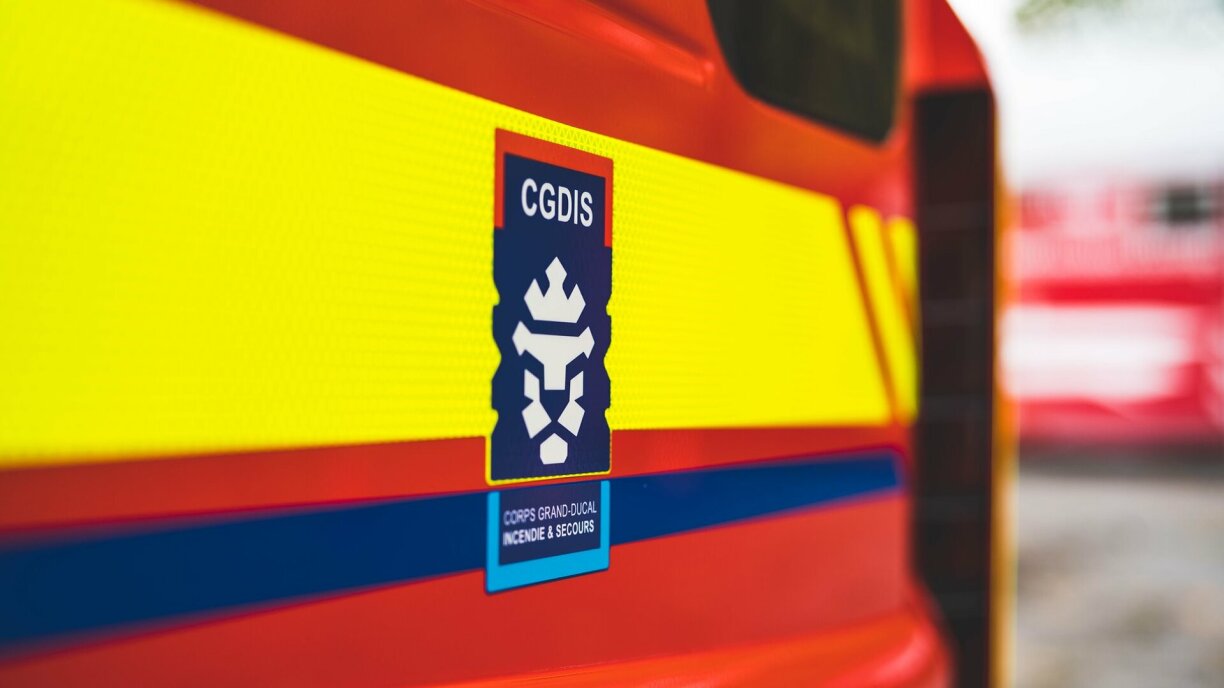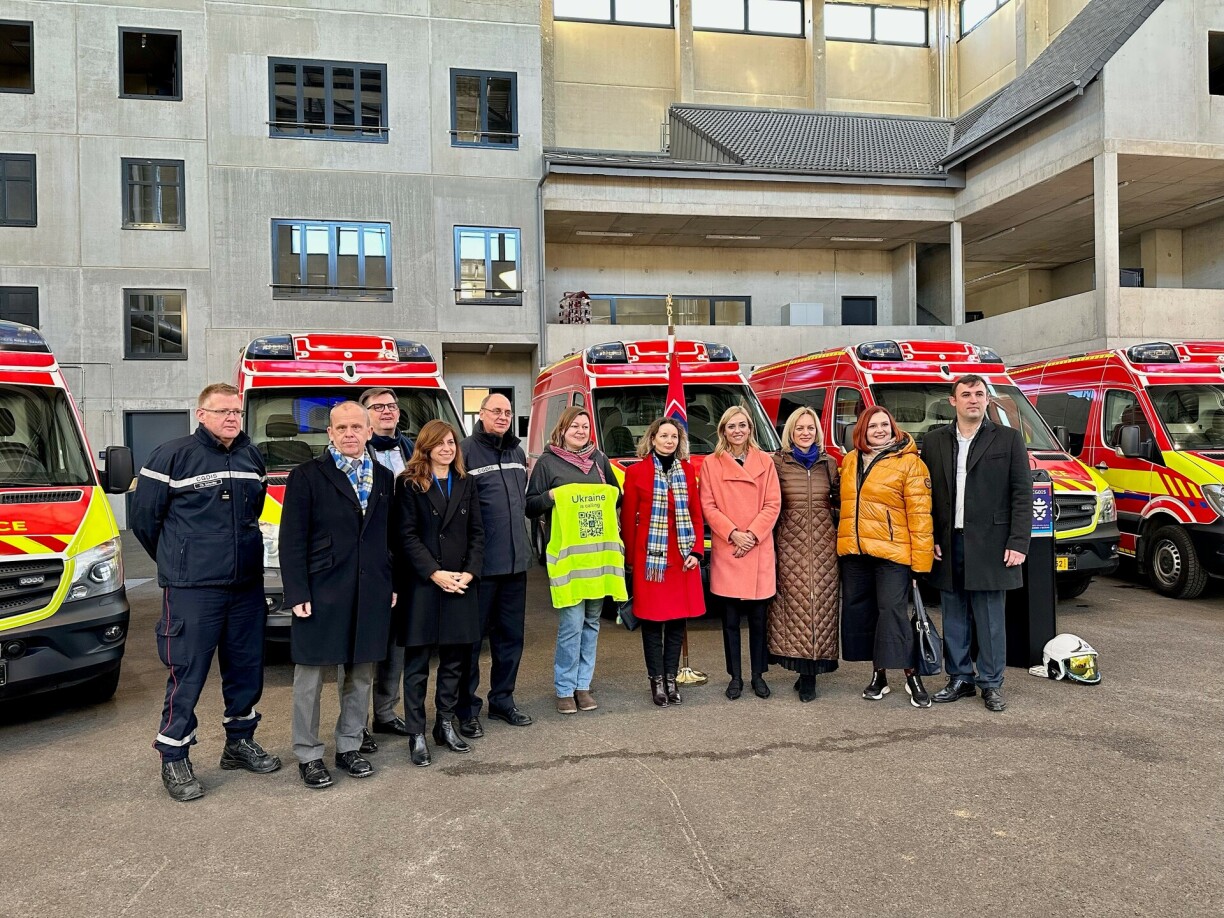
After a record-breaking year in 2021, 2022 was yet another busy year for Luxembourg’s emergency services and volunteers. Last year saw another 7% increase in interventions, compounded by the refugee crisis triggered by the war in Ukraine, as well a series of fires requiring intricate rescue operations.
The professional fire service has existed in Luxembourg for over a century. In 1922, the capital counted just 11 fire fighters - now, there are over 600 across the country, accompanied by 6,600 volunteers. A record number of volunteers are young fire fighters, with around 1,300 in their ranks.
Alain Becker, vice-president of the CGDIS board, said: “The recruitment of young people was relatively successful for us last year, thanks to connections with the fire fighters federation’s youth team.”
The CGDIS currently owns 76 ambulances and 163 trucks, which were used around 72,000 times in 2022. Around 80% of cases, or 57,000, were dedicated to directly assisting people.
Paul Schroeder, general director, explained: “The individual teams are certainly feeling the pressure. Individuals working on ambulance shifts will almost certainly get called out. This is usually also the case for volunteers in the barracks.”
Unfortunately, many calls turn out to be non-emergencies. The emergency services are frequently phoned for issues such as water leaks in private homes, or to bypass queues at the emergency department in hospital - all of which take up time and resources which could be used elsewhere. The resources themselves are more complex than ever, as 13,000 people underwent training last year.
“New technology in particular plays a role here,” said Schroeder. “We have electric, hydrogen and hybrid vehicles coming on the market, so we must be prepared. Solar systems, for example, bring their own complications in extinguishing activities. But we have to move with the times.”
More and more incidents are related to climate change. Staff are currently preparing new training for forest fires, while new equipment - water tankers with high capacity, extra-strong pumps or sandbags - has long been a topic for discussion.
The SAMU service - urgent medical aid - intervened 9,000 times in 2022. The CGDIS also sent eight ambulances to Ukraine, as well as providing support in welcoming refugees to Luxembourg.
